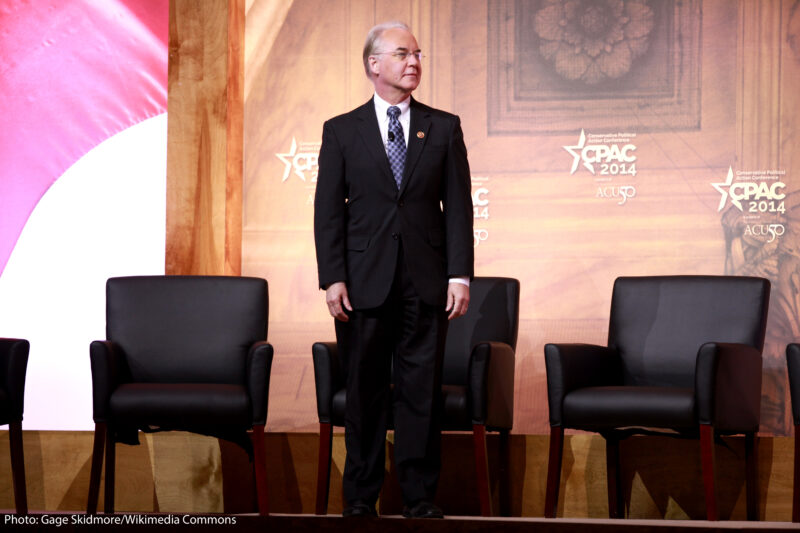
Imagine a life where every part of your day is defined, regimented, controlled by someone other than you. Where even basic decisions, like what to eat, where to go, or who to spend time with are denied you. For people with disabilities living in many residential facilities, this is the reality. Basic choices, from decisions about where to live to the opportunity to be intimate with your partner, are denied people with disabilities across the nation.
Many Americans are aware of these sorts of problems and the resulting loss of freedom faced by people with disabilities who are forced into nursing homes and other types of institutions. To address this, disability rights advocates have worked over the last 50 years to bring people out of institutional settings and into the community, fighting to expand Medicaid-funded home and community-based services, also known as HCBS.
In 2013, after decades of effort by activists and federal policymakers, the percentage of Medicaid funding spent on community-based services finally exceeded that spent on institutional care. Many states have succeeded in serving people with developmental disabilities entirely in the community, no longer relegating people with Down syndrome, intellectual disability, and other similar diagnoses to institutions. Others are working towards similar outcomes.
Unfortunately, the mindset of institutionalization still exists, even in community-based settings. A growing body of research indicates that, particularly in larger settings where people with disabilities are clustered together for provider convenience, residents are deprived control over basic choices. To address this, the Obama administration issued a groundbreaking rule in 2014, requiring every state to upgrade its home and community services to ensure that those receiving them had their basic rights respected by 2019.
The HCBS settings rule included requirements that people get a choice of where they live, including the opportunity to pick residences other than group homes and other “disability-specific settings.” It also instructed states to ensure people living in residential facilities were afforded the right to choose what to do during the day, who they invited into their homes, when they ate, and whom they shared a bedroom with. These are the kinds of basic rights that most Americans take for granted — but for people with disabilities, federal intervention was necessary to protect them.
Imagine a life where every part of your day is defined, regimented, controlled by someone other than you.
The settings rule gave every state five years to work with providers and people with disabilities to reach compliance — unfortunately, it looks like that’s not going to happen. This week, President Trump’s Health and Human Services Secretary Tom Price and Center for Medicare and Medicaid Administrator Seema Verma issued a letter to state governments indicating their intent to delay the rule’s implementation deadline, making the full realization of the rights of people with disabilities a dream deferred.
What’s worse, the letter indicated their intent to rollback federal oversight, deferring to state governments as to whether or not particular providers and settings were respecting the rights of people with disabilities trying to live their lives on their own terms. That’s a problem. Basic freedoms like choice, autonomy, and privacy in one’s own home shouldn’t be subject to the whims of state legislators.
This delay by Secretary Price and Administrator Verma threatens the fundamental rights of people with disabilities. It means that people’s freedom is determined based on what state they live in. In 2011, four states — Kentucky, New Hampshire, Vermont, and New Mexico — supported more than 90 percent of all people with developmental disabilities receiving community-based residential services in settings of three or fewer people. In the same year, five states — Illinois, Michigan, New Jersey, New York, and South Carolina — supported fewer than 30 percent of their residents in such settings, relying predominantly on more congregate group home models that restrict the freedoms of their residents.
Tom Price and Seema Verma should realize that the right to live in the community – and make basic choices about one’s own body, time, and home – should be available to every American. This week’s letter sends a message that for people with disabilities those rights are conditional. Americans with disabilities have too much experience having our freedom subject to other people’s whims.
We deserve a full and speedy implementation of the HCBS settings rule. Nothing less than our basic civil liberties is at stake.
Ari Ne’eman runs MySupport.com, an online platform connecting people with disabilities to support workers. He previously served as one of President Obama’s appointees to the National Council on Disability and as the President of the Autistic Self Advocacy Network. He currently advises the ACLU on disability policy and Medicaid.


